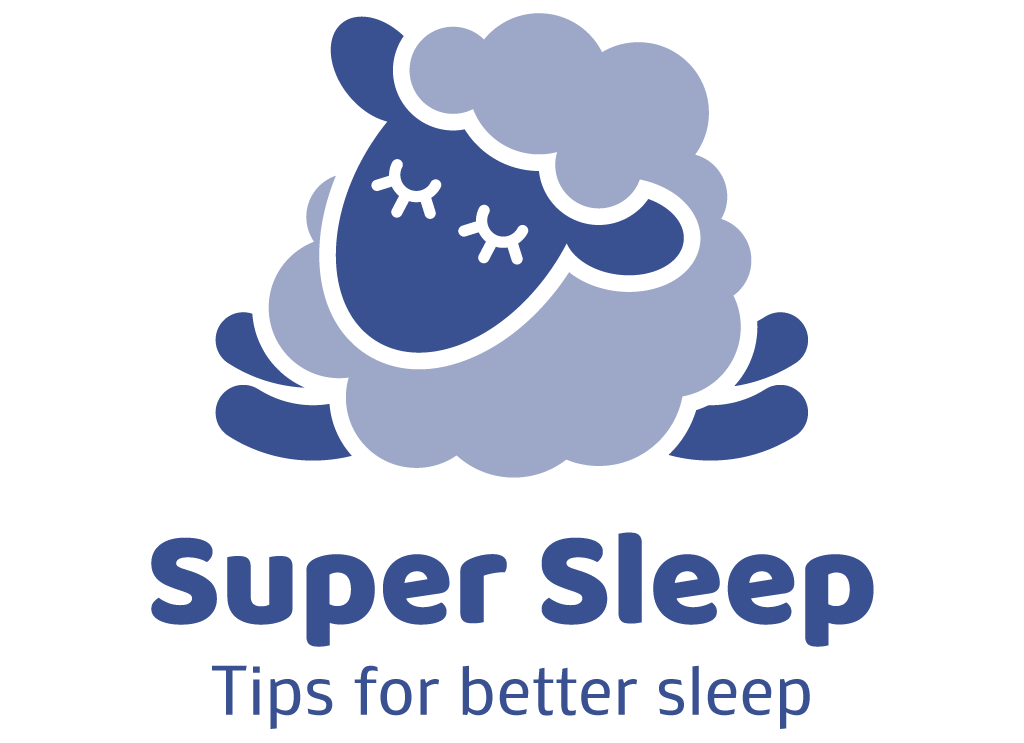Coffee is one of the most widely consumed beverages in the world. Known for its stimulating effects, it helps millions of people stay alert and focused. But this beloved drink can have a significant impact on sleep quality, especially if consumed at unsuitable times. This article explores the effects of coffee on sleep and offers practical tips to reduce its negative impact.
1. How Does Coffee Affect Sleep?
Caffeine, the main active ingredient in coffee, acts as a stimulant by blocking adenosine, a substance produced by the brain that promotes drowsiness. By inhibiting this molecule, caffeine keeps you awake and prolongs alertness, delaying the onset of fatigue.
However, this stimulating effect can become problematic when it interferes with nighttime sleep, as caffeine remains in the body for hours. On average, caffeine has a half-life of 5 to 6 hours, meaning it takes about 5 to 6 hours to eliminate half of the consumed caffeine. This can lead to difficulty falling asleep, nighttime awakenings, and lower-quality sleep.
2. The Effects of Coffee on Sleep Cycles
Even if you manage to fall asleep after consuming coffee, caffeine can disrupt sleep cycles, particularly deep sleep and REM sleep. These two stages are essential for physical and mental recovery. Excessive caffeine consumption can reduce the time spent in these stages, leading to less restorative nights and a feeling of fatigue upon waking.
3. Timing Matters: When to Avoid Coffee for Better Sleep
The time you drink coffee is crucial. Drinking coffee in the late afternoon or evening increases the risk of sleep disruption. For those sensitive to caffeine, even a cup of coffee in the afternoon may be enough to affect nighttime rest.
Tip:
- Limit caffeine intake to the early part of the day and avoid coffee after 2 p.m. This gives the body enough time to process the caffeine before bedtime.
4. Understand Your Personal Caffeine Tolerance
Everyone reacts differently to caffeine. Some people are more sensitive and feel the effects of coffee for many hours, while others metabolize caffeine faster. By observing your reactions, you can better adjust your consumption.
Tip:
- Identify your tolerance level by testing different times for coffee consumption. Note how you feel in terms of alertness, nervousness, and sleep quality to find the best balance.
5. Opt for Coffee Alternatives in the Late Afternoon
If you need a small boost in the late afternoon, opt for less stimulating alternatives than coffee.
Recommended Alternatives:
- Green or white tea: They contain less caffeine than coffee and offer milder energizing effects.
- Caffeine-free herbal teas: Peppermint or chamomile infusions can give a refreshing feel without impacting your sleep.
- Lemon water: Lemon-infused water is refreshing and energizing without caffeine.
6. Gradually Reduce Coffee Consumption
If you’re a heavy coffee drinker and want to limit its impact on your sleep, consider gradually reducing your consumption.
Tip:
- Reduce your intake gradually by replacing one cup of coffee with a caffeine-free beverage each day. This will allow you to decrease caffeine without feeling overly tired.
7. Adopt Natural Strategies to Stay Alert Without Coffee
If you consume coffee to stay focused, try alternative methods to boost your energy without caffeine.
Natural Techniques:
- Expose yourself to natural light: Daylight helps regulate your internal clock and promotes alertness.
- Take a short walking break: A 5 to 10-minute walk can increase energy and improve focus.
- Practice breathing exercises: Deep breathing helps oxygenate the body and enhances alertness.
8. Avoid Hidden Sources of Caffeine
Besides coffee, many other beverages contain caffeine, like sodas, black teas, and energy drinks. These drinks can also disrupt sleep if consumed too late in the day.
Tip:
- Check labels carefully to avoid hidden sources of caffeine, and choose caffeine-free drinks in the afternoon and evening.
Finding Balance for Better Sleep Quality
Coffee can be a great ally for staying alert and energetic, but it can also interfere with your sleep if consumed at inappropriate times. By adjusting your coffee schedule, gradually replacing it with milder alternatives, and adopting natural strategies to stay awake, you can enjoy the benefits of coffee without compromising sleep quality. With better quality sleep, you’ll start each day with more energy and well-being.

